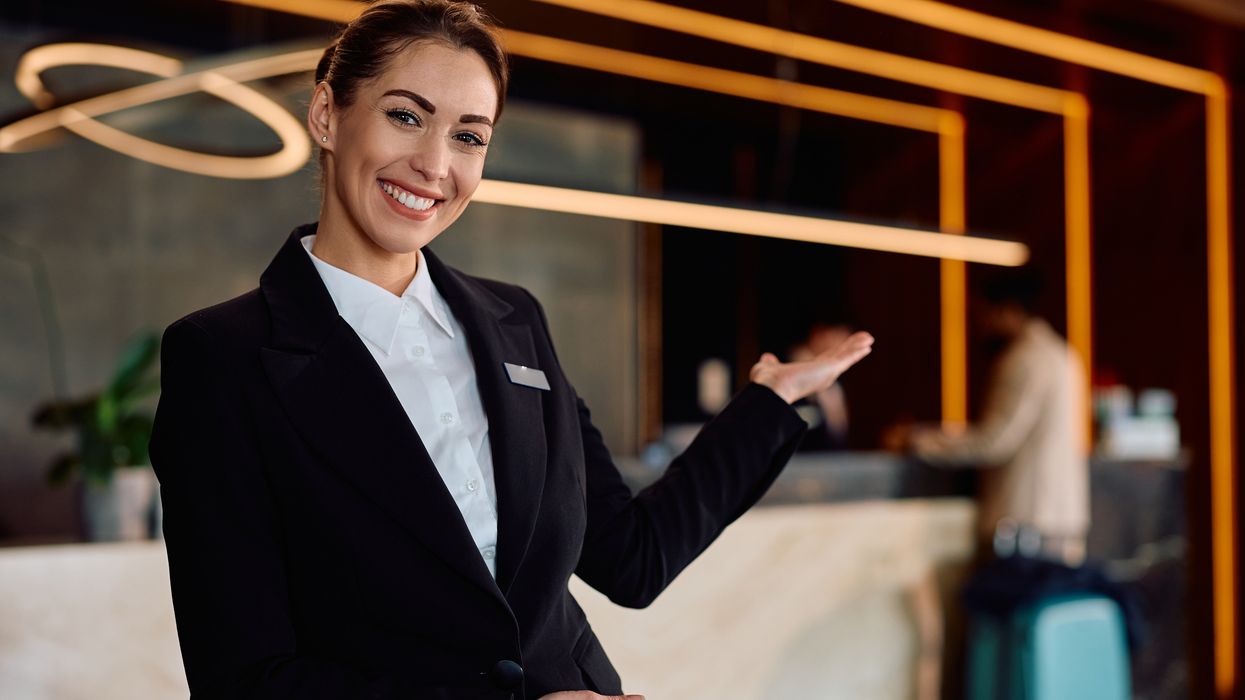WHEN A HOTEL closes to regular guests, as so many are doing nationwide as result of the COVID-19 pandemic, it may not be completely empty. Certain unwanted tenants, including rodents, cockroaches and ants, can thrive in the abandoned smorgasbord that a hotel building becomes when nobody is there to clean up, meaning pest control is still an issue.
In San Jose, California, The Silver Vista Group was forced to close one of its three hotels, said Samina “Sam” Sharp, principal at the group. Pest control at the closed property is not high on her list of things to spend money on.
“In this area of California, summer and winter are times when pest control is most needed and even then it is not much, maybe once or twice a month,” she said. “Since we have no one staying in the closed hotel, and rooms are being checked daily, right now we are on an as needed basis. Some of the services are just cost prohibitive right now unfortunately, but we are doing everything we can to keep up maintenance.”
They check in when humans check out
However, keeping up pest control treatments at closed hotels is worth the cost, said Glen Ramsey, senior technical services manager for Orkin.
“The challenge with a hotel being completely shut down is that pests will continue to thrive in that time period, even without activity. They start to find resources that may have been cleaned up on a daily basis but now they’re just left behind,” Ramsey said. “If the hotel is completely shut down, then there are no checks in place at all, so pest populations thrive during that time.”
Pest control has been deemed an essential by the government, he said, to prevent such rebounds in pest populations. The first step is to make sure food is stored properly, but that won’t necessarily keep pests from getting in it.
“If you think about all the prep areas, there’s going to be little crumbs left behind, down behind equipment, underneath equipment, grease in areas. All of that is going to be highly attractive to pests.”
The treatment depends on what kind of pests they encounter, Ramsey said. They first do a comprehensive inspection then determine a course of action depending on the pests they find.
“If it’s rodents it’s going to be trapping. If it’s cockroaches, obviously a multi-faceted approach is going to be implemented where we’re doing some source reduction and then baiting is a good option,” he said. “If we have ants we’re going to try to figure out how they’re getting in and try to stop the source of those ants and then eliminate them from the inside.”
And then there’s the bane of all hotels: bed bugs.
“They can live up to a year without feeding, so if they fed in the past they can persist,” Ramsey said. “This would be a good time, while the rooms are unoccupied, to get in and do some pretty thorough inspections of the rooms and potentially implement control measures if need be.”
The same applies to other parts of the hotel, Ramsey said, such as kitchens, dining rooms and laundries.
“They can all get a really thorough inspection during this time. It allows us some access that we don’t normally have,” he said.
An essential service
Just before the shutdown Ramsey was out at a hotel that had already cut some staff. What he saw frightened him.
“It was evident in trashcans not getting emptied quite as quickly, less housekeeping staff around. It was a little more obvious that there was a potential for more pest activity. I didn’t see any, but it did scare me,” he said.
Orkin is sensitive to the new environment in which field agents must work, Ramsey said.
“We’ve made sure that our service professionals deemed essential have the PPE necessary. When we go into a facility we are doing our best to stay six feet away from other people and go about our inspections in a normal fashion without other people standing around us,” he said. “But we do have the PPE needed if we have to be around other people.”
Like a newly intensified focus on providing cleaning services, hoteliers should stay aware of the need for pest control even after the current crisis, he said.
“The fact that government deemed us essential highlights the role that pest control plays in keeping people and facilities safe during this time,” Ramsey said. “They haven’t shown any transmission of COVID-19 by pests yet, but there are other pests that are well know for transmitting diseases.”

















